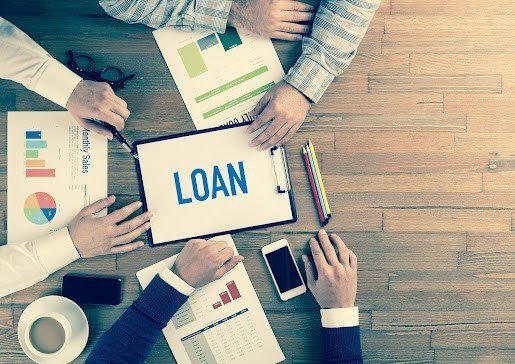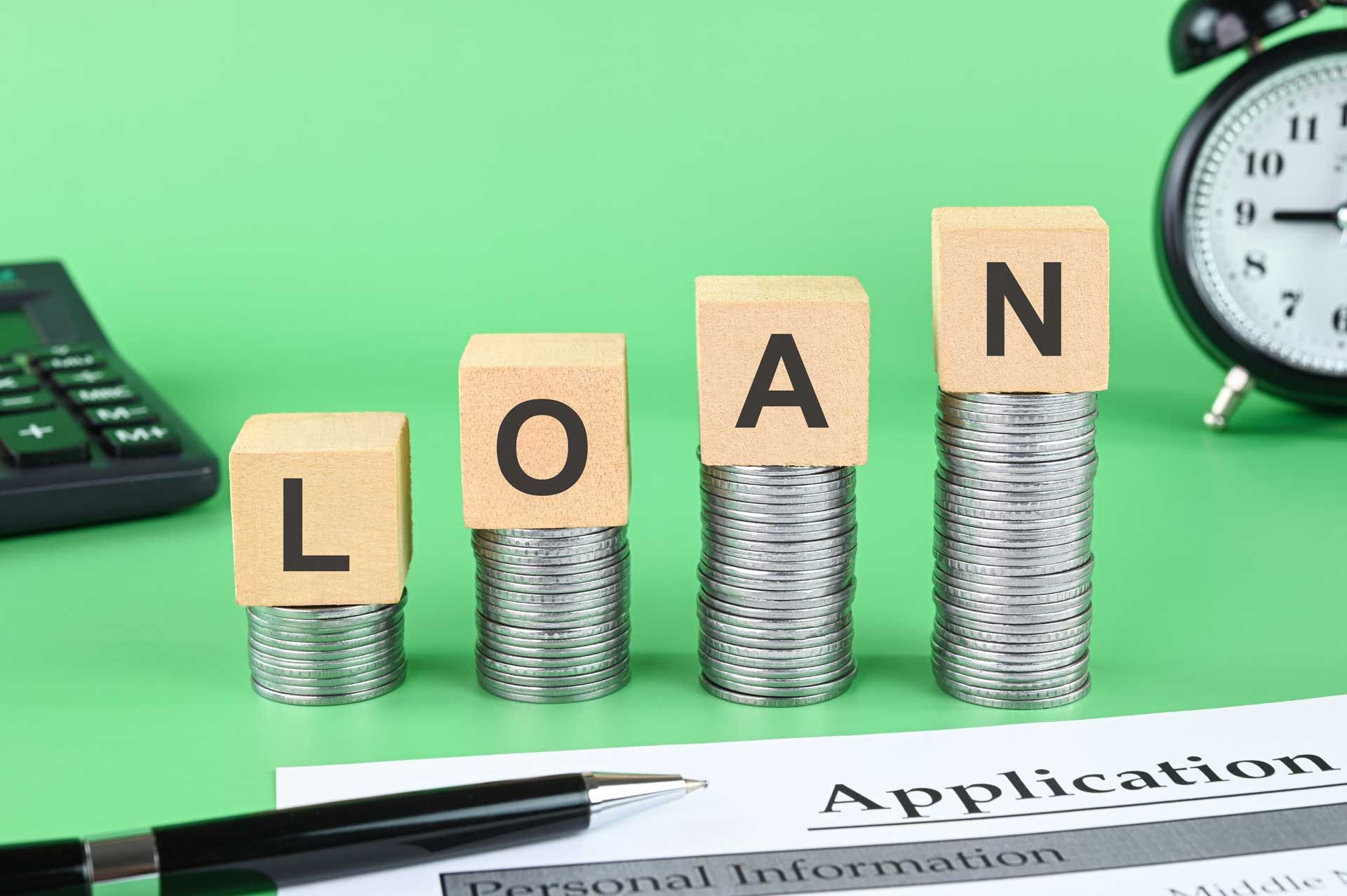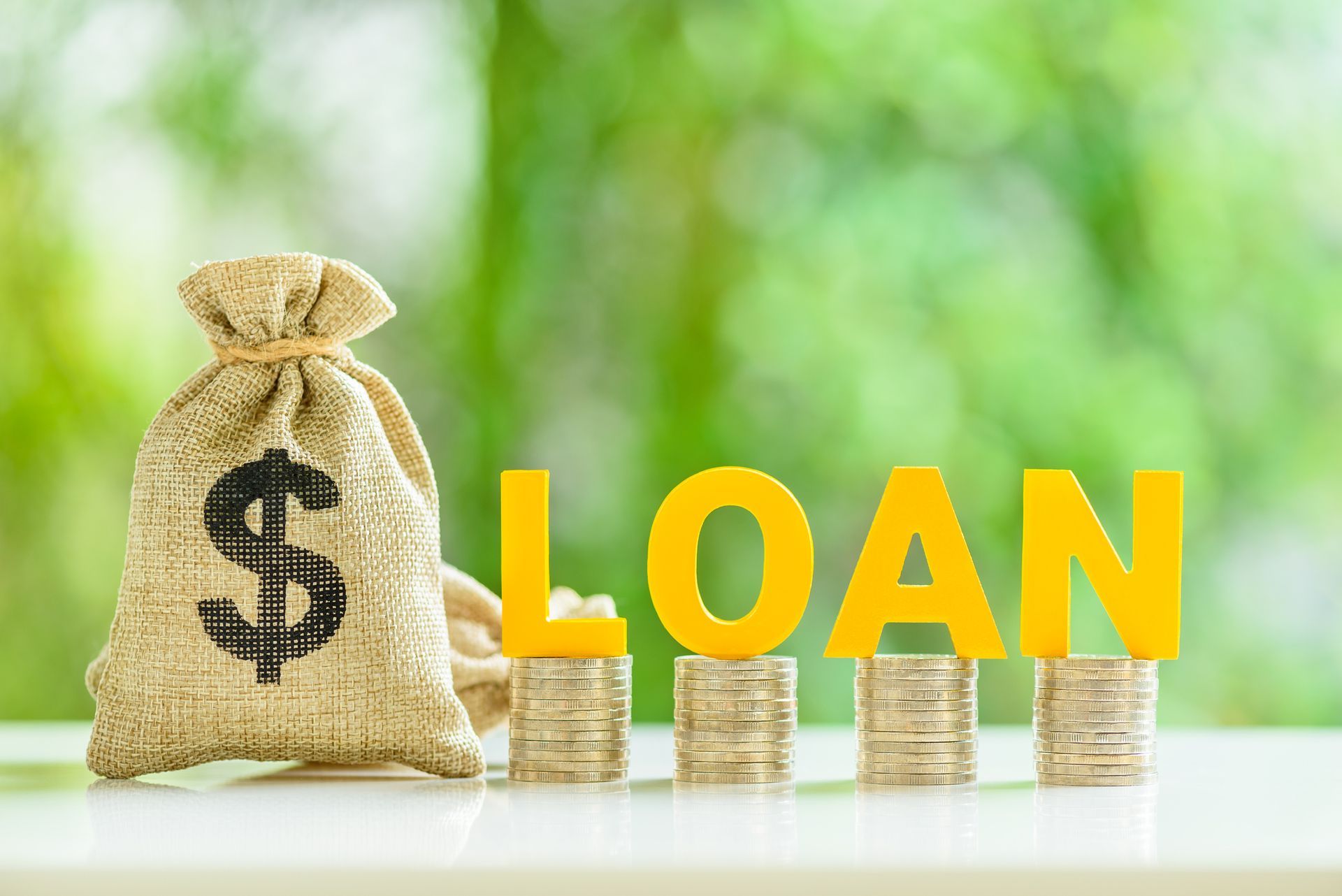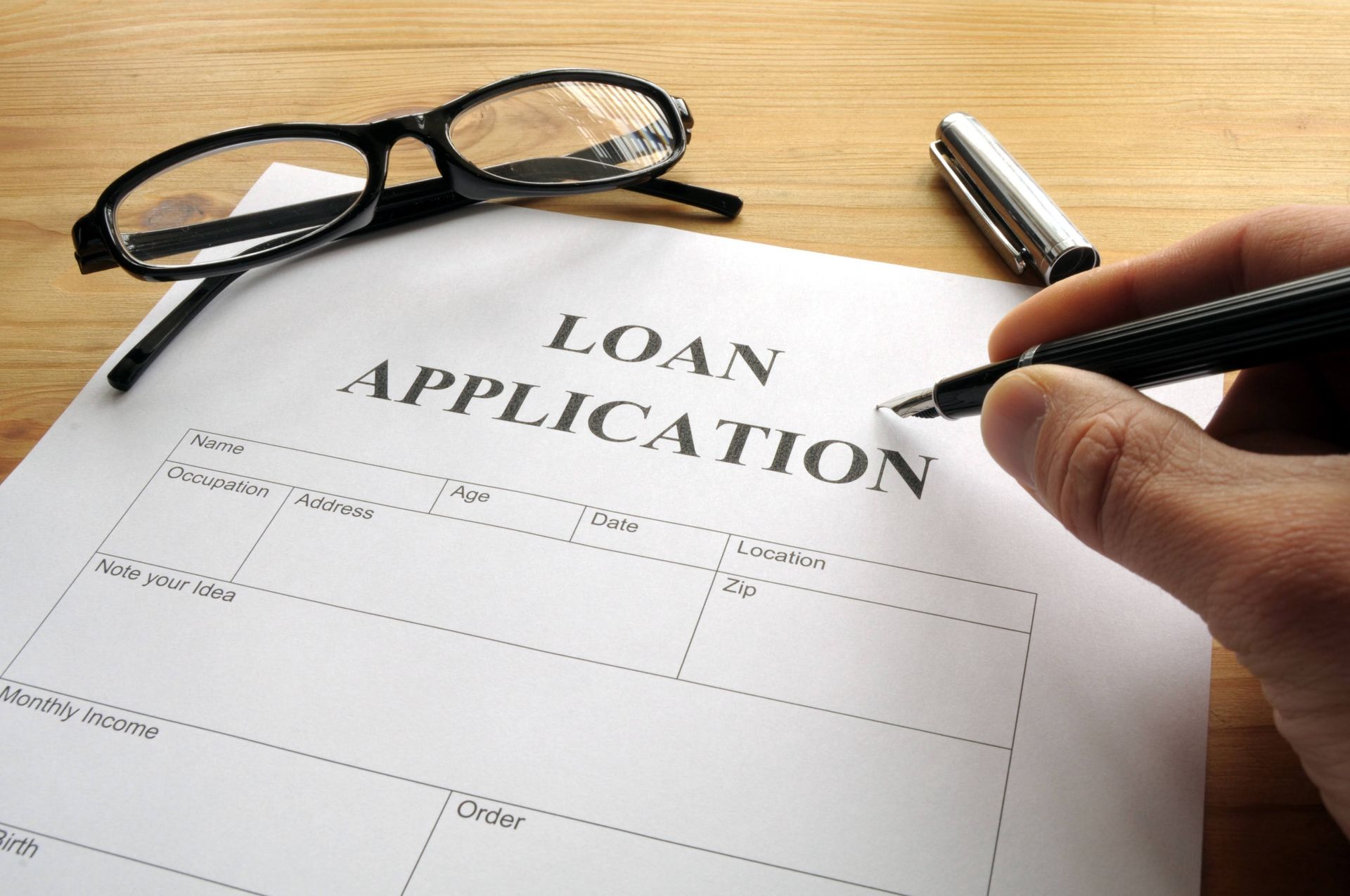Need Money? Personal Loans vs. Borrowing From Your 401(k) Plan

Do you need to access some form of loan in order to cover an emergency or unexpected expense? If you, like a growing number of Americans, are leery of the dangers inherent in turning to high-interest revolving debt like credit cards, you may be considering two other sources of loans instead. A personal loan and borrowing from your 401(k) account can be a safer and less expensive alternative.
But what do you need to know about both choices? And when might each be the more advantageous? Read on to learn a few answers to these questions.
How Does a Personal Loan Work?
Personal, or signature, loans are loans extended without collateral. They are a contract that's secured by your signature rather than a title or paycheck, giving them their name. Unlike credit cards, personal loans provide a single lump sum and a set repayment term. The interest rate, fees, and payment amounts don't change over the life of most personal loans. This makes them easy to budget and repay.
How Does a 401(k) Loan Work?
Taking a loan from your own 401(k) account includes some of the same steps as a personal loan. You may fill out an application, and you are given a limit as to what you may borrow and how long you can take to repay it. Once you agree to the terms of the loan, the money is taken from your 401(k) account and provided for you to use. Repayment is usually automatic and interest is charged.
Why Choose a Personal Loan?
Although these two forms of credit are similar on the surface, there are several reasons to opt for a personal loan instead of borrowing from your 401(k).
First, you cannot shop around for the best deal when you source your loan solely from your own retirement account. The 401(k) provider sets the terms of all loans, including how many loans you may have at any given time, interest rates, and fees. The length of repayment may also be limited, resulting in higher payments if you need to borrow more money.
Second, a 401(k) loan is not reported on your credit history. If you want to build (or rebuild) a good credit score, this form of credit will make no difference to it. Why? Technically, a 401(k) loan has no risk of default, and no outside lender is involved because you borrow your own money. Personal loans, on the other hand, contribute to a good mix of credit usage.
Finally, while it may seem logical to borrow money from yourself, doing so is robbing from your future. Not only do you lose out on growth and dividends for months or years, you're at greater risk if you default. This becomes a permanent loss of retirement money and the defaulted amount is taxable income. A personal loan has fewer of these effects on your future finances.
When Is a 401(k) Loan a Good Choice?
Of course, a 401(k) loan, like any financial product, does have its time and place. You may not want a short-term loan to appear on your credit history if you want to buy a home or negotiate other debt interest rate reductions. And a saver with a healthy retirement nest egg may not see as much impact from borrowing those funds on irregular occasions.
Where Can You Learn More?
Want more help deciding which type of loan is right for you? Begin by learning more about your options. Contact your 401(k) loan provider for details about terms, rates, and availability. Then, visit Ardmore Finance to learn about our personal loan choices. We will help you get answers to your questions and find the right loan for your needs. Call today to get started.









